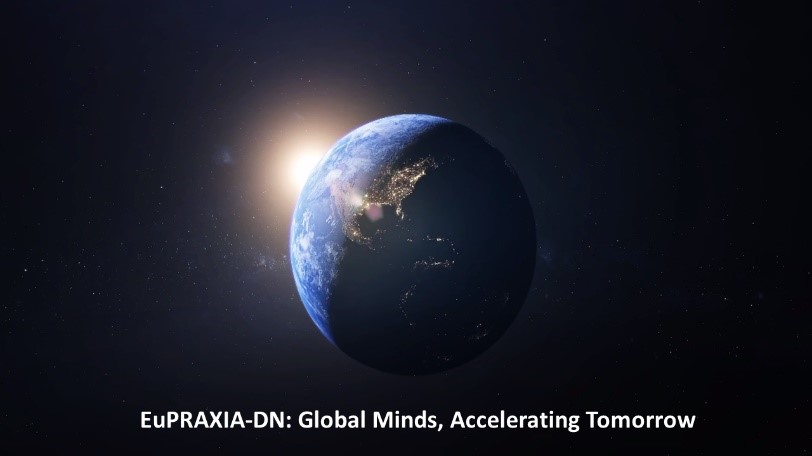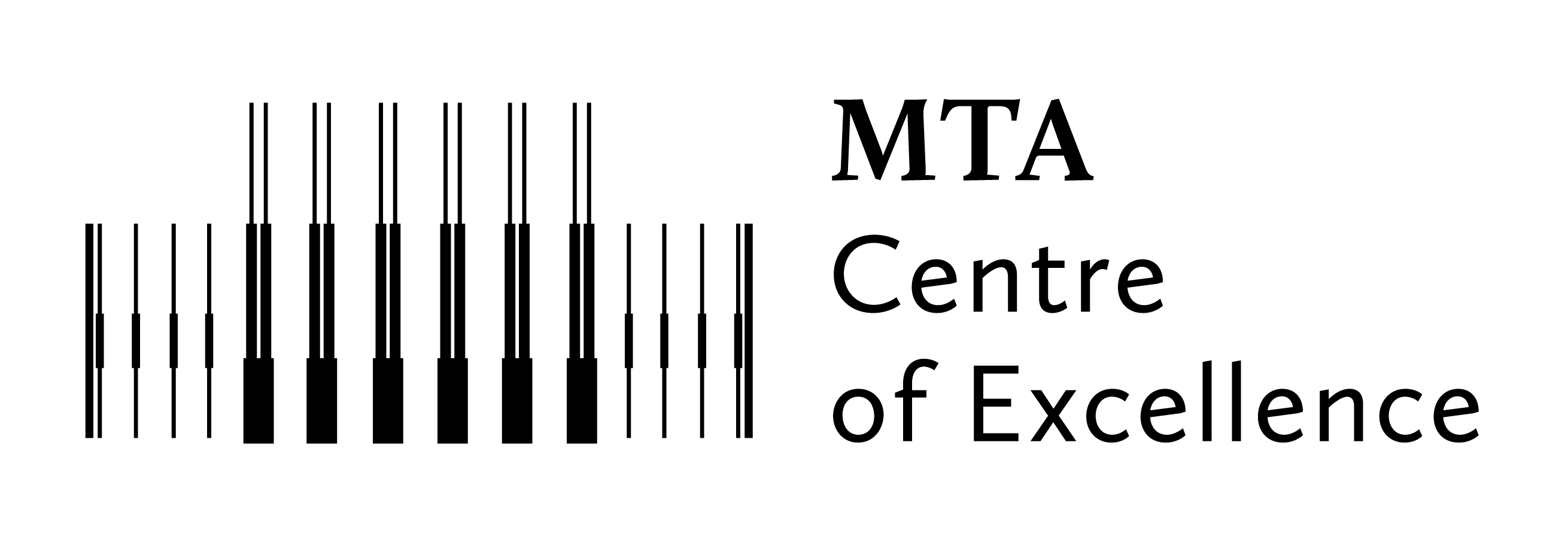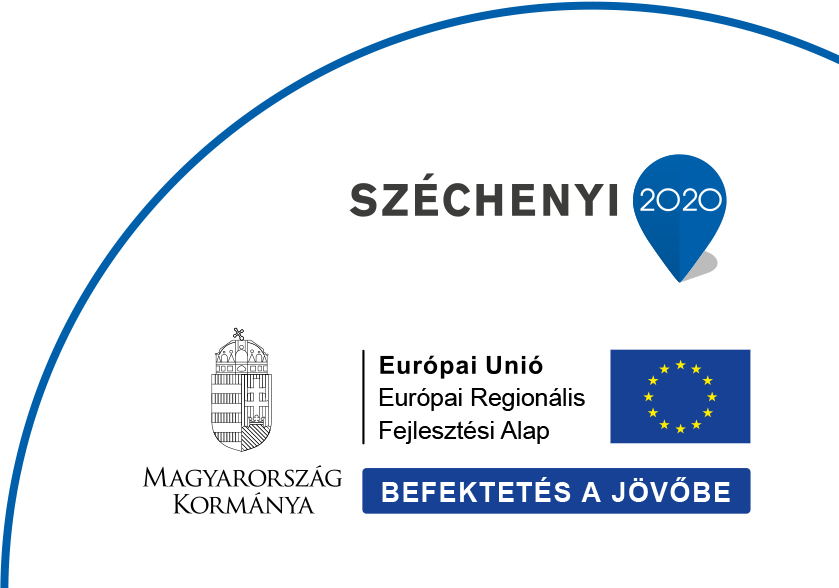The recently launched short film "EuPRAXIA-DN: Global Minds, Accelerating Tomorrow", showcases a major leap forward in particle accelerator technology and its potential impact across various fields. Produced by the Fellows and partners of this new pan-European consortium, the film presents an immersive overview of the EuPRAXIA Doctoral Network (EuPRAXIA-DN).
EuPRAXIA: The Future of Compact Particle Accelerators
Particle accelerators have been instrumental in advancements across research, industry, medicine, and more. However, their widespread use is hindered by significant cost and size constraints, particularly affecting hospitals, universities, and small to medium-sized enterprises. The film dives into how these limitations could be overcome through the development of more compact, environmentally friendly, and cost-effective accelerator technologies.

EuPRAXIA is the first distributed research infrastructure based on innovative plasma accelerator technology. Recognized as a European priority on the ESFRI roadmap since June 2021, it offers a glimpse into a future of groundbreaking applications and innovations.
The film highlights EuPRAXIA-DN, a new 3.2M€ MSCA Doctoral Network funded by the EU and the UKRI guarantee fund, comprising 12 Fellows engaged in an interdisciplinary and cross-sector plasma accelerator research and training program. This network represents a backbone of the new EuPRAXIA research infrastructure, poised to transform the way we approach particle acceleration.
One of the 12 Fellows of the EUPRAXIA Doctoral Network is educated in the Physics Doctoral School of Pécs University, in close collaboration with the HUN-REN Wigner Research Centre for Physics. The main goal of the doctoral activity is to simulate and build a miniature dielectric electron-accelerator driven by terahertz electromagnetic pulses. During last decade the High-field Terahertz Research Group in Pécs has achieved outstanding results in the research and generation of terahertz radiation. The HUN-REN Wigner RCP provides an excellent computing science background for realistic simulations. Both institutes participate in the wider cooperation of EUPRAXIA-PP, supported by HORIZON EUROPE.
A Leap in Film Production: The Virtual Production Technique
The film's production with experts from Carbon Digital in Media City UK, Manchester is based on virtual production technique and thus marks a significant departure from conventional film-making methods. Network Coordinator Professor Carsten P Welsch comments on this innovative approach: "Utilizing virtual production has allowed us to vividly bring to life the complex world of particle accelerators. This technique not only enhances the visual storytelling but also significantly reduces production time and costs at much reduce environmental footprint, making it a game-changer in scientific film production."
"The film is an invitation to explore the future of technology and its potential to revolutionize our world. We encourage everyone with a curiosity in science and innovation to watch this film and join us on this exciting journey into the future.”
The film can now be viewed on YouTube and includes subtitles in English, Italian, Spanish, French, German, Greek, Czech, Slovak, Finnish, Hindi, Telugu, Bengali, Chinese and Vietnamese.
Click on the link to watch now:
https://www.youtube.com/watch?v=6NPgxCdffrE&ab_channel=QUASARGroup.



